CppCon 2022 keynote: Erik Rainey, "Using C++14 in an Embedded 'SuperLoop' Firmware"
 Flying Amazon drones on C++:
Flying Amazon drones on C++:
Erik Rainey live in person at CppCon 2022
From the announcement:
Using C++14 in an Embedded “SuperLoop” Firmware
This presentation covers what the execution environment of an embedded “superloop” firmware is in order to describe later why certain C++14 language and library features are used and others are not. This environment lacks many basic features and capabilities that traditional C++ programmers may think are common place but is able to be programmed in C++14 (and later) with a specific design paradigms and guidelines. Programmers with deeply embedded C experience will be familiar with some of the limitations of the environment but may find the C++ solutions quite refreshing! The talk will conclude with some comments on C++17 / C++20 features which will be quite valuable to embedded environments of all types.
CppCon 2022 registration is now open so don’t miss out this September 11-16. Register today! Tickets are now available for both online attendees and in-person attendees.

 The third CppCon 2022 keynote has been announced! Daniela Engert is the world's top guru on C++ modules who isn't one of the compiler implementers, and will speaking about modules and so much more:
The third CppCon 2022 keynote has been announced! Daniela Engert is the world's top guru on C++ modules who isn't one of the compiler implementers, and will speaking about modules and so much more: CppCon 2022 will kick off on Monday, September 11 with Bjarne Stroustrup delivering the traditional opening keynote live in person in Aurora. Bjarne’s annual opening keynote for CppCon is one of the most anticipated and most watch talks in C++, and among the most viewed presentations on the
CppCon 2022 will kick off on Monday, September 11 with Bjarne Stroustrup delivering the traditional opening keynote live in person in Aurora. Bjarne’s annual opening keynote for CppCon is one of the most anticipated and most watch talks in C++, and among the most viewed presentations on the 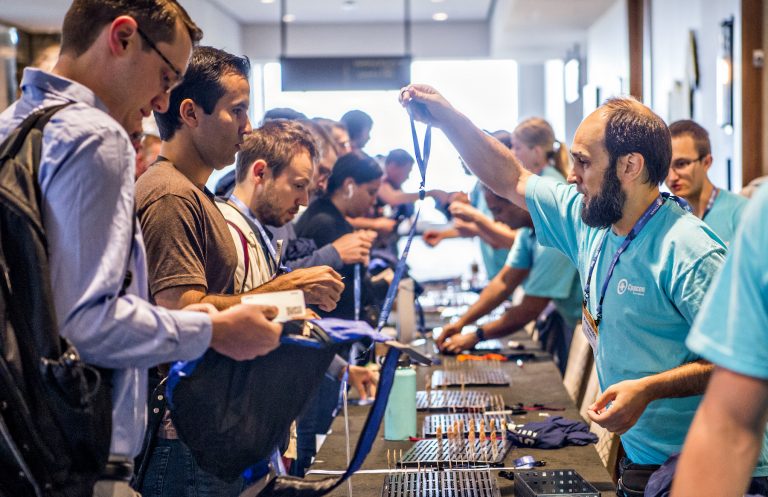 A CppCon 2022 talk has been announced:
A CppCon 2022 talk has been announced: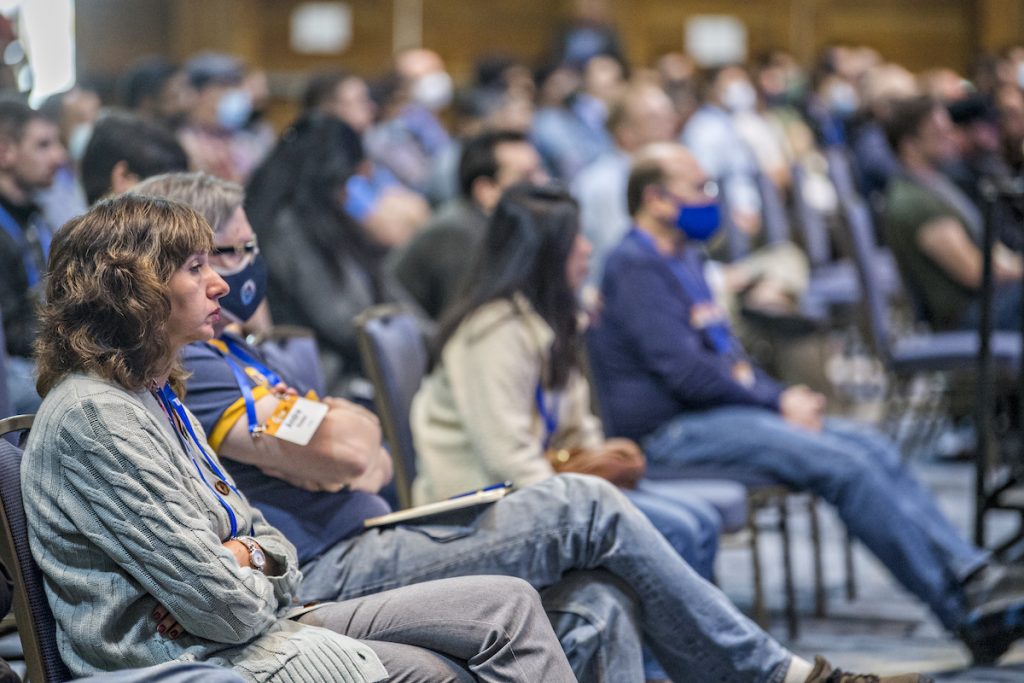 In just 60 days,
In just 60 days, 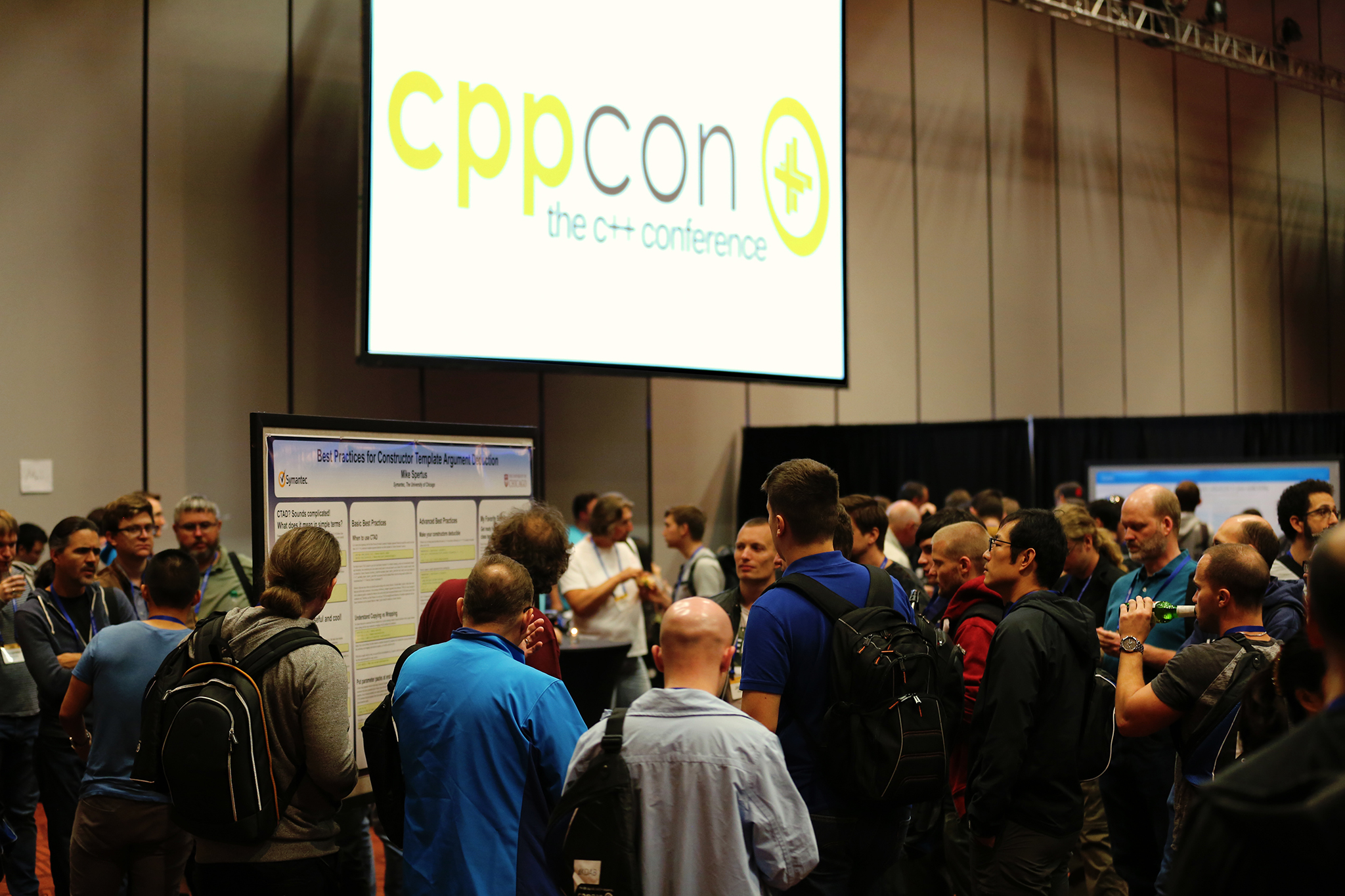 Preparations for CppCon 2022 continue...
Preparations for CppCon 2022 continue...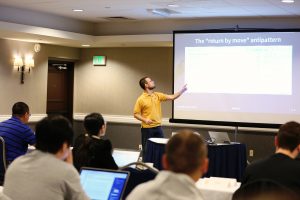 CppCon 2022 registration is open, and the Academy classes (aka pre- and post-conference extra tutorials) have just been announced:
CppCon 2022 registration is open, and the Academy classes (aka pre- and post-conference extra tutorials) have just been announced: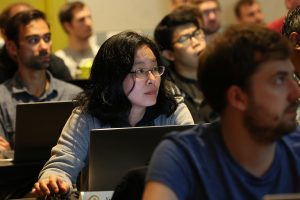
 Tickets for September are now on sale! This year's conference will again be fully hybrid, on-site in Colorado and on-line around the world, coordinated together.
Tickets for September are now on sale! This year's conference will again be fully hybrid, on-site in Colorado and on-line around the world, coordinated together.